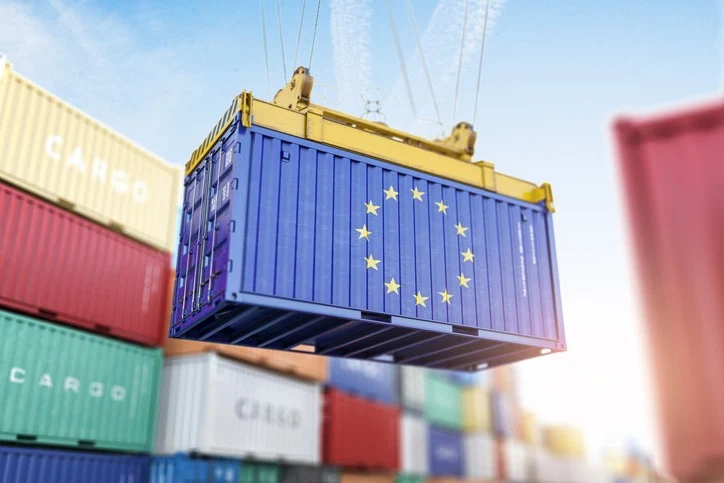 |
| EU CBAM |
The European Commission is evaluating the possibility of expanding the Carbon Border Adjustment Mechanism (CBAM) to downstream sectors, a move anticipated by European steel associations and member states. The current CBAM focuses primarily on upstream industries, but this shift aims to curb the rising cost of downstream products and mitigate risks to local steel supply chains.
Steel associations like Eurofer strongly advocate for the CBAM’s extension, as they believe it is essential for controlling carbon emissions and managing increasing imports. The downstream industries have been notably absent from the current framework, a gap that stakeholders fear could lead to "carbon leakage"—where manufacturers relocate outside the EU to take advantage of less stringent climate regulations.
Italian steel association president Paolo Sangoi emphasized the need for a comprehensive approach in April, warning that neglecting downstream sectors would weaken the CBAM’s effectiveness. Steelmaker ArcelorMittal also advocates for "swift and effective" measures to protect the EU steel market, underscoring the importance of extending the CBAM.
Other countries such as Canada, the US, and ASEAN are considering their own versions of CBAM, while the UK plans to implement its CBAM in 2027. However, UK Steel is pushing for an earlier implementation in 2026 to align more closely with the EU's timeline.













 We publish to analyze metals and the economy to ensure our progress and success in fierce competition.
We publish to analyze metals and the economy to ensure our progress and success in fierce competition.
No comments
Post a Comment